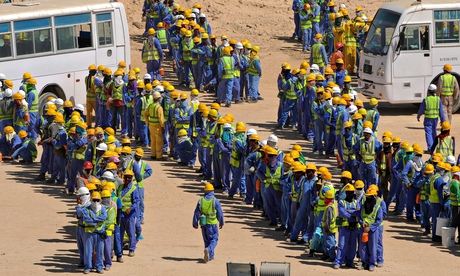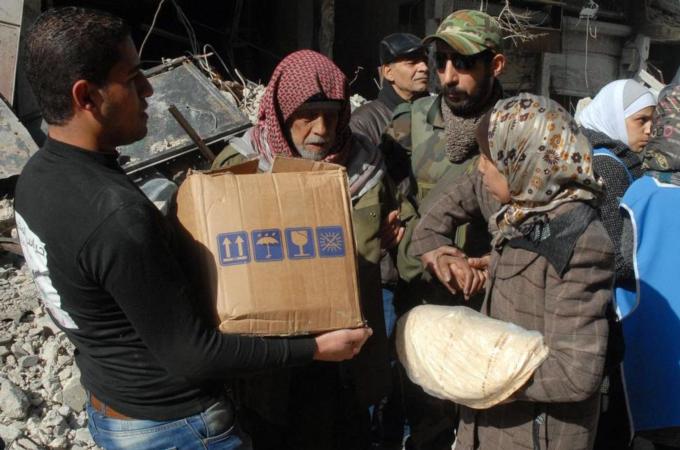By Darrin Simmons
Impunity Watch Reporter, Middle East
DAMASCUS, Syria-A twin car bombing attack on near Syria’s northern city of Aleppo occurred Sunday morning. The attack was led by Al Qaeda and targeted and killed their rival leader of the Islamic brigade.

The attack occurred on the cuff of rebel fighting throughout the Syrian civil war, as government forces continue the intense bombarding of opposition-held areas. Syrian aircrafts bombed buildings, which buried people underneath rubble near the Bab Neirab area.
The series of military aircraft droppings of explosives over rebel-held areas on Saturday killed dozens, including one attack that killed 34 people in al-Bab. Activists have claimed the bombings have driven Syrian forces into the eastern neighborhoods of Aleppo.
The twin suicide bombing that killed the military leader of a rebel group also resulted in the death of 26 other people. The attack targeted the Tawheed Brigades and killed Commander Adnan Bakkour.
Al-Qaeda also killed another prominent commander, Abu Hussein al-Dik of the Suqour al-Sham, further proving that key headquarters, strategic checkpoints, and senior influential commanders were being targeted.
On Saturday, a Lebanese extremist group claimed responsibility for a suicide car bombing in a Shi’ite town that killed at least three people. This attack was also linked to the Syrian civil war.
The bombing occurred in the northeast town of Hermel and was claimed to punish the Lebanese Shi’ite group Hezbollah, which fights with the forces of Syria President Bashar Assad. It is the third bombing that the Nusra Front in Lebanon has claimed responsibility.
Also on Sunday, a video was posted to social networks showing a Sunni fighter beheading another man and children and adults gathered to watch.
The video shows adults cheering as the fighter cuts the other man’s head off with a small knife. The man’s hands are tied and it was unclear if he was alive during the beheading. Photos of the body and severed head were also posted to a separate Instagram account by a supporter of al Qaeda.
For more information, please see the following:
Al Jazeera-Al-Qaeda fighters kill Syrian rebel leaders-2 February 2014
CBS News-Al Qaeda in Syria kills rival rebel leader-2 February 2014
Hindu-Al-Qaeda fighters kill rival rebel leader in Aleppo-2 February 2014
Los Angeles Times-Al Qaeda-linked rebel leader reported killed in Syria-2 February 2014



